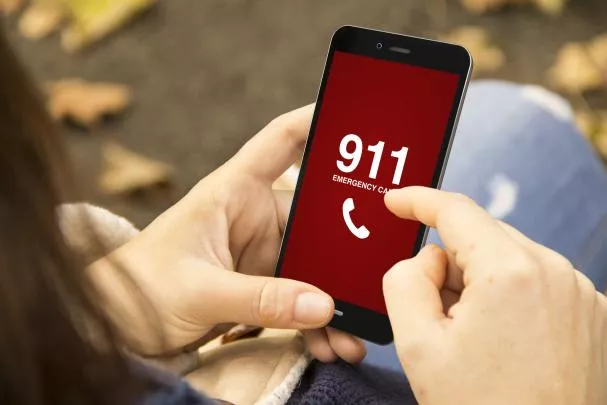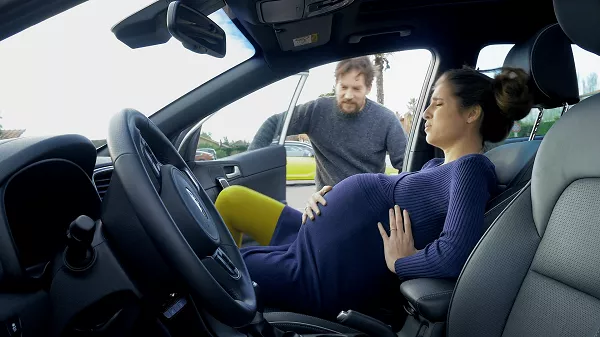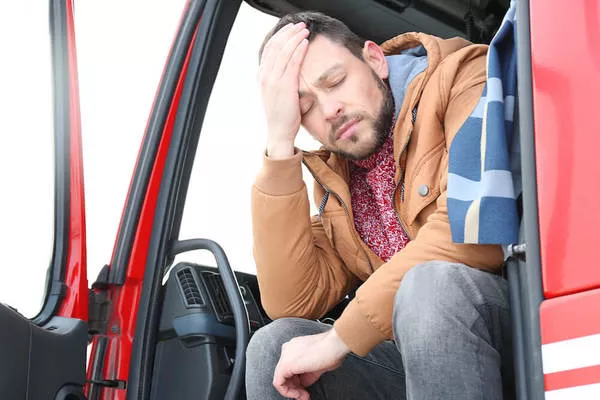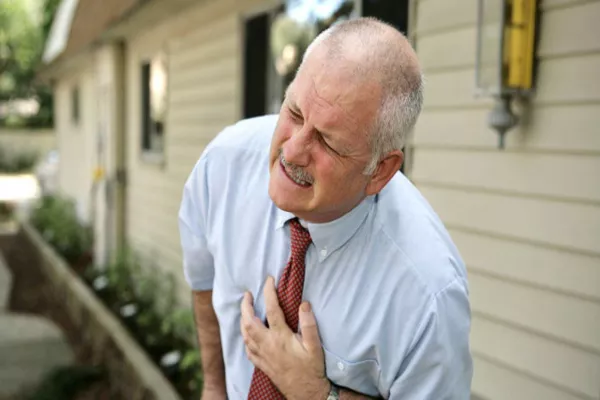The transportation industry scene is quite an unpredictable one. You can never know what will happen next upon entering a public bus, or joining a friend’s carpool or even when hailing a taxi. The possibilities and situations are limitless. The transportation industry also functions in distinct manners and fashion.
Fire trucks grace the road to signify that a property is on fire, police cars are seen chasing speeding cars that mean a crime has been committed or is currently on-going, and last but not the least, ambulances sashay with colors of red and blue with sirens that are wailing to signal private vehicles to move to the right side of the road and make way as an emergency needs to be responded to.
You see, whenever a person needs medical attention, he can either choose to hail a Lyft or an Uber to take him immediately to the nearest hospital or call an emergency hotline to patch him through an ambulance that could fetch him at his current location. But what should be your basis for choosing between an ambulance and a regular taxi in cases of medical-related emergencies? Here are some guidelines from Philkotse.com.
1. Signs of medical emergencies that need immediate action
Wondering if your current state can be identified as an emergency? Here are the common signs that shouldn’t be neglected and immediate reaction is required.
- Pain in the chest or abdominal area that lasts for two minutes or longer
- Weakness, dizziness, and fainting
- Eye concerns such as double vision or blurred ones
- Difficulties in speaking clearly and articulately. Mumbling and eating words while desperately trying to speak
- Allergic reactions from food intake or insect and animal bites
- Suicidal tendencies and recent pieces of evidence of self-harm
- Mental confusion like being unable to answer simple questions or questions regarding oneself
- Breathing difficulties and shortness of breath
- Severe and sudden pain wherein cause cannot be pinpointed

There are some common signs that shouldn’t be neglected and immediate reaction is required
2. When to call an ambulance
To guide your decision into calling in an ambulance, we compiled several instances wherein a call to an emergency hotline is advisable than running to the streets and hailing a cab.
2.1. When you think you are unable to focus on driving your loved one or too distraught about his/her condition
Take for example your pregnant wife. If your wife would need your comfort through the painful labor, it is better to call an ambulance so that you can focus on easing her pain and being there for her, just when she needs it the most. The same goes for your injured or pained friend or family member. If you think that you’ll be distracted and your attention will be divided into driving and trying your best to relieve their pain, don’t drive or hail a cab.
You'll only be exposing them to more risks, and it can lead to a more fatalistic turn of events. In an ambulance, paramedics will be able to provide the necessary first-aid and medical attention needed. Who knows, in that spur of the moment, your wife might be in the brink of giving birth already.

If your wife would need your comfort through the painful labor, it is better to call an ambulance
2.2. If you are the one who’s suffering from the pain and is unable to get help from someone nearby
There are cases when you are the one who's going to be in pain. If driving is way beyond your capacity at the moment, immediately call your emergency hotline and wait for the ambulance. Don’t try and risk your chances by trying to administer first-aid on yourself (unless you have encountered the same situation before and your physician taught you how you can relieve yourself from the pain).
If by chance you are suffering from stroke, wherein your ability to speak will be compromised, don't hesitate to call help at that moment. It’s okay to mumble and speak gibberish. Most of the time, operators are equipped with technology that can locate you and send help in a jiffy.
>>> Read more: Post Car Accident Signs Everyone Should Be Aware Of

If driving is way beyond your capacity at the moment, immediately call your emergency hotline and wait for the ambulance
2.3. If you find that you are in a truly grave situation wherein one’s life could depend on your decision
An ambulance comes prepared with the necessary tools and medicines for worst case scenarios. For example, a person suffering from cardiac arrest will be greeted with an ambulance that has electrocardiograms. This is why it is essential to be aware of the patient's situation or describe the pain the patient is currently undergoing and effectively communicate to the emergency hotline operator.

A person suffering from cardiac arrest will be greeted with an ambulance that has electrocardiograms
3. When to hail a cab or grab a lift from Uber
Some resources can be wasted into the possibility of responding to a medical situation that is not an emergency, unlike others. In cases wherein you can handle yourself or your loved one and drive them to the nearest hospital, it is recommended to do so.
3.1. You can get to the nearest health facility under 10 minutes.
Ambulances primarily function to respond to near-death medical cases and need to be brought to the nearest emergency room by busting through the traffic because it has the right to do so. If you think your cab can get you to the hospital under 10 minutes because there are no overwhelming traffic or road hindrances to pass by, yes, it is recommended to take a cab.
3.2. If you can drive without worsening your current situation, then do it.
You may wrongfully accuse your migraine into something more grievous and fatal. But, if you decide on calling an ambulance, there might be worse cases that they can respond to than your call. Rule of the thumb is if you can drive yourself without suffering in pain, then it is advisable to do so. If not, call a cab and take the time to rest while you’re on the passenger seat.

You may wrongfully accuse your migraine into something more grievous and fatal
With the advent of technology and improvement in the transportation sector, you can even book a trip with a local Uber or Lyft driver. They can take you to your destination without much hassle, and they do it efficiently. In medical cases and emergencies, it is you who is in the best position to assess whether the situation is a matter of life and death, or not.
Remember, the best thing for you to do is to assess the situation first and weigh out the consequences should the issue is not attended to immediately. If it is not life-threatening, then hailing a cab will do. If you think it is, call your emergency hotline and transparently explain the scenario.
>>> Click to get more helpful tips and advice for safe driving
Recent posts
- Essential items to pack in your car emergency kit for summer roadtrip Aug 07, 2019
- A complete guide to safe driving in the Philippines Feb 11, 2019
- How to drive safely around emergency vehicles Jan 24, 2019
- 8 must-have items for your car emergency kit Aug 07, 2019












